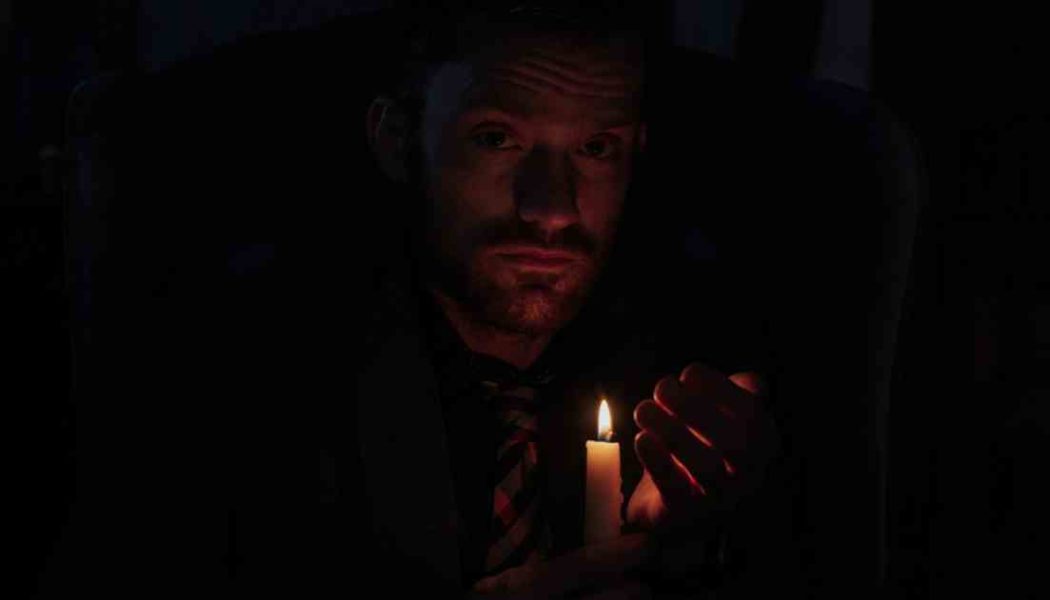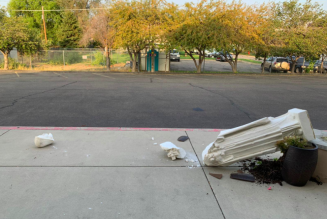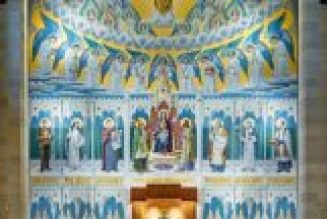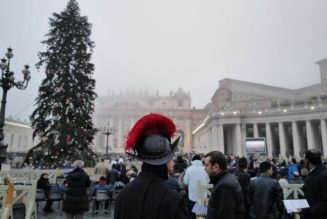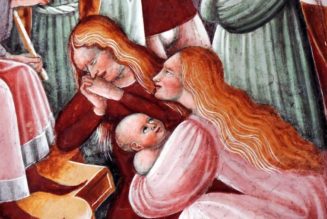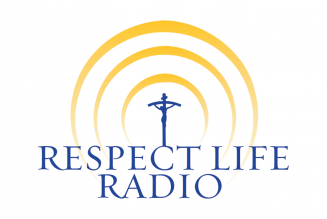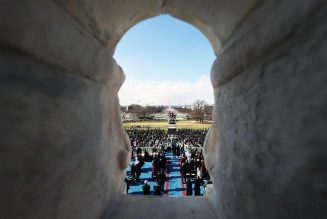
This Sunday is the First Sunday of Advent, Year C, and the Church’s readings ask us to prepare for Christmas in a serious, radical way — in many ways by doing the opposite of what the rest of the culture is doing right now.
Here are takeaways from this week’s readings, taken from previous This Sunday posts and the Extraordinary Story podcast.
First: Advent in the Church is the opposite of the Secular “Holiday Season.”
December 1 in America means the Secular Christmas Season has started. But at Mass for the First Sunday of Advent, the liturgy sounds like the opposite of a Christmas commercial.
Ads promise the “Christmas you deserve” but Mass begins with a prayer pleading that Christ make us worthy of him.
Christmas at the store is “the most wonderful time of the year,” but today’s prayer after communion reminds us that “we walk amid passing things” and must learn to “love the things of heaven,” not earth.
The readings get even more pointed.
Jesus says, “Do not become drowsy from carousing and drunkenness and the anxieties of daily life,” precisely when the world is indulging at boozy parties and stressing about the demands of December.
St. Paul says, “Strengthen your hearts,” and “be blameless in holiness,” while the world’s hearts are becoming sentimental and blurring the line between Christian generosity and consumerism.
The Psalm says “the friendship of the Lord is with those who fear him” exactly when we are focused on nonthreatening Season’s Greetings.
How do we fight against the tide? Jesus Christ himself gives us one way in Sunday’s Gospel.
Second: Jesus tells us that Second Coming can teach us about the first coming.
There are always two strains in Advent Masses: The slow preparation for the appearance of the Christ Child and the noisy proclamations that everything is about to suddenly change.
It can almost seem like the two are at cross-purposes, as if the Church is doing a bait and switch, making dark promises about the end of time, and then saying, “Surprise! What the rolling timpani and brass fanfares were really leading up to was … ‘Away in the Manger.’”
In the readings for the First Sunday of Advent, though, we can see very clearly the way the two are related.
“The days are coming, says the Lord, when I will fulfill the promise I made,” says the First Reading. “I will raise up for David a just shoot; he shall do what is right and just in the land.”
The grand fulfillment of God’s mighty promises, he says, will be a tiny little plant: bunny food. If that seems anticlimactic, it shouldn’t. It’s the same high drama God deploys to great effect each spring. After a long winter, we understand how exciting a shoot can be. And anyone who has ever had a child or grandchild knows what big news the birth of a baby is.
The Gospel refers to an event that hasn’t happened to this day — Christ’s second coming. But the particulars should be very familiar to us.
“There will be signs in the sun, the moon and the stars, and on earth nations will be in dismay,” says Christ. “The powers of the heavens will be shaken.”
If that sounds dramatic we need to remember how dramatic unborn children are. “Goodbye, goodbye, goodbye. You were bigger than the whole sky,” says a popular song that women have adopted as an anthem to the pain of losing an unborn child. Children, even as embryos, feel bigger than the world … because they are. That is even truer of Christ: He is bigger than the sun, the moon, and the stars. In fact, when Jesus came, we saw the very heavens shaken: The star of Bethlehem lit the night, and the hosts of angels, more powerful than all the powers of the earth, filled the sky.
The baby Jesus was monumental, splitting time and space in two.
But, third: Jesus didn’t come to tell us how everything will end; he came to tell us how it will all begin.
Jesus paints a dire picture in the Gospel, saying “People will die of fright.” He counsels us to “Pray that you have the strength to escape the tribulations that are imminent and to stand before the Son of Man.”
Certainly these are messages about how we have to live to be ready at the end of the world; but they are also a description of how we have to behave to be ready for each day.
The Second Reading, from St. Paul to the Thessalonians, was perhaps the earliest letter written in the New Testament. In it, Paul is telling Christians how to act in the first days of Christianity, not the last days. And he says to “abound in love for one another and for all,” and to “strengthen your hearts, to be blameless sin holiness” and “conduct yourselves to please God.”
It’s our duty starting on Day One of Advent to “be vigilant at all times and pray that you have the strength to escape the tribulations that are imminent and to stand before the Son of man.”
So, fourth: Use this Advent to know and share Jesus.
Everyone is on edge these days, looking for truth in a world of lies, and longing to live their lives to the full.
That’s what Advent is for: We fast to learn the self-control we will need to live Christ’s Way; we pray to reconfigure our hearts and minds to conform to Christ’s Truth; and we give alms to learn generosity to live Christ’s Life.
People don’t know themselves until they know they are loved, fully, unconditionally, by Another who really knows them. And people don’t become themselves in full until they give themselves away in love, fully and unconditionally, to One they accept totally.
Advent puts Jesus before us as the object of our deepest longings. and asks us to cooperate with his grace to become the kind of people that the Lord Jesus will recognize when he comes.
Photo: Pexels, Kelly.
